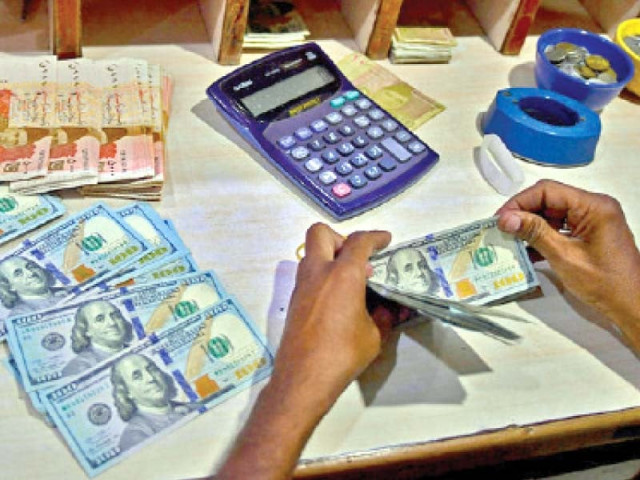Default risk up as bond yields soar
Yield on 10-year bond maturing in April 2024 spikes to record 119.5%

The yield on Pakistan’s $1 billion bond has hit a record high of 119.5% in the international market, indicating an increased risk of default on foreign debt repayment amidst a persistent deadlock in reviving the International Monetary Fund (IMF) loan programme, which is set to end on June 30.
Arif Habib Limited (AHL) reported that the yield on the 10-year bond maturing in April 2024 spiked by 2.9 percentage points to 119.5%.
The price of the bond has plummeted to nearly half at 50.1 cents on the dollar compared to its initial price of $1 each. It was priced at 55 cents on June 15, according to sources.
Yields on the country’s two other bonds maturing in 2025 and 2026 have also increased, with their prices falling. This reflects investors’ concerns over the mounting burden of Pakistan’s unsustainable external debt on the economy, the second-largest in South Asia.
However, yields on the remaining five bonds maturing, between 2027 and 2051, have slightly decreased, suggesting that the ongoing economic and financial crisis may gradually subside over the next few years, leading to a potential recovery.
Speaking to the Express Tribune, Tahir Abbas, Head of Research at AHL said that the rising yields and falling prices of the near-maturing bonds indicate that global investors are factoring in their concerns about a potential default.
He recalled Prime Minister Shehbaz Sharif’s last-ditch efforts to revive the crucial IMF loan programme worth $6.7 billion before its official expiration on June 30. However, it remains highly uncertain whether these efforts will be successful or in vain, considering the limited time remaining until the programme’s deadline.
Abbas mentioned that the recent meeting between the prime minister and influential diplomats was part of a contingency plan, or plan ‘B’, aimed at raising awareness of the increasing need for external financing in case the IMF programme ends prematurely on June 30.
If the program remains stalled, Abbas warned that the economic and financial crisis would worsen, putting further pressure on bond yields and pricing. He estimated that it would take at least six months to negotiate and sign a new IMF programme, potentially by January 2024.
Moody’s Investors Service recently predicted that without the IMF, Pakistan would face default after June 30, 2023, due to critically low foreign exchange reserves, currently standing at around $4 billion.
Abbas highlighted that Pakistan needs to repay at least $4.5 billion between July and December 2023, with remaining loans potentially being rolled over or refinanced during that period.
In the next fiscal year starting on July 1, 2023, Pakistan is expected to repay a total of $23 billion, including rollovers and refinancing.
If the current or caretaker governments can secure the required $4.5 billion from friendly countries, it could mitigate the risk of default until December 2023, potentially leading to a recovery in bond yields.
However, Abbas cautioned that arranging such a substantial amount without the IMF programme in place would not be an easy task.
He anticipated that a caretaker government would be established to hold the next general election once the current elected assemblies complete their five-year term in October 2023.
Published in The Express Tribune, June 21st, 2023.
Like Business on Facebook, follow @TribuneBiz on Twitter to stay informed and join in the conversation.


















COMMENTS
Comments are moderated and generally will be posted if they are on-topic and not abusive.
For more information, please see our Comments FAQ